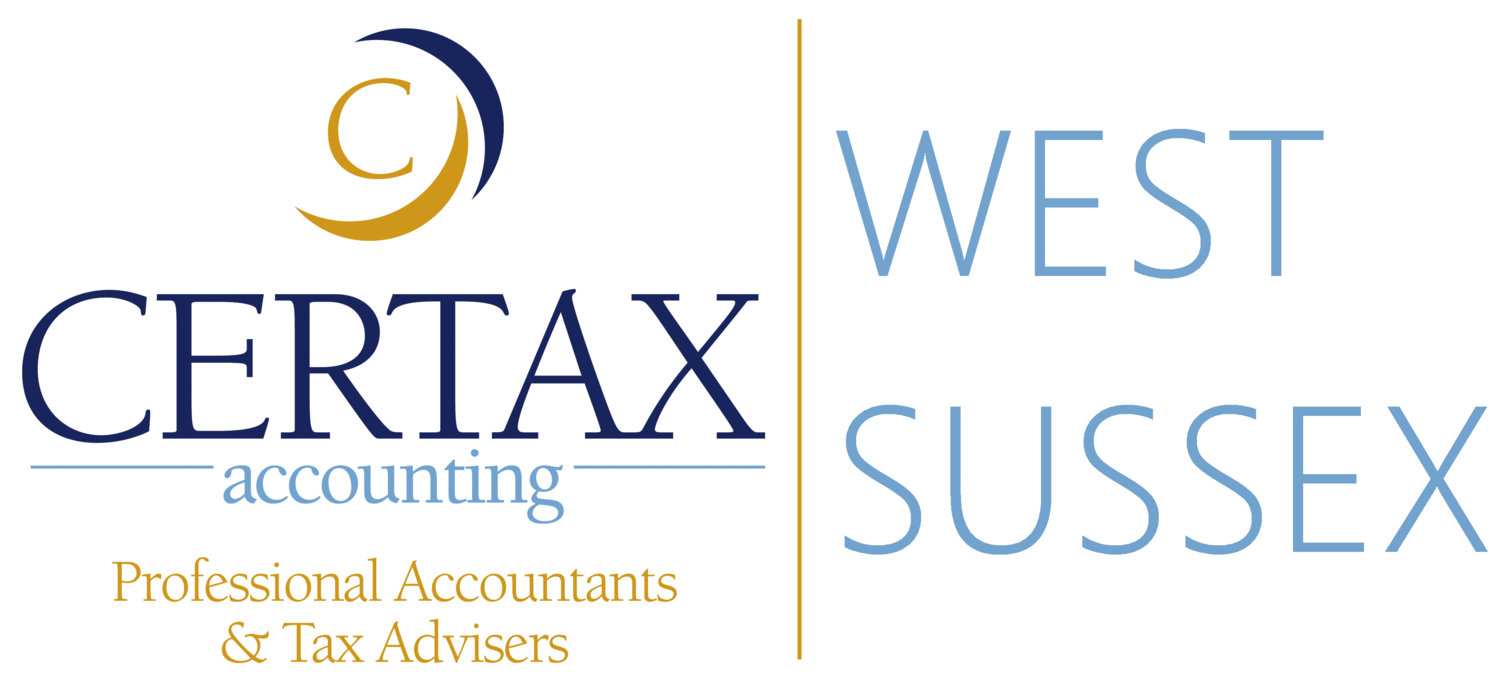Changes to Rental Income Taxation.
Over the next few years a number of changes to rental income taxation will become effective.
From April 2016
Wear and Tear Allowance will no longer be allowed. This will be replaced with a renewals allowance, this allows landlords a deduction for the cost of replacing furnishings and equipment. This will only be allowed up to the value of a "like for like" replacement.
There will be a 3% stamp duty surcharge on sales of second residential properties, where the property is worth over £40,000. This could have a severe impact on the ability to put personal property into a company as there will be a greater stamp duty cost.
The taxation of company dividends will also change. This will have a large impact on those planning to pay their rental income out through company dividends.
From April 2017
Restrictions on finance cost relief for individual landlords will be phased in.
This means that finance costs (mortgage interest & fees incurred on taking out/repaying mortgages) will be no longer deducted from rental income. The rents will be taxed excluding finance costs & a credit will be given for basic rate relief (20%) on the finance costs. This will be payable against the tax due.
This can impact both basic rate and higher rate taxpayer, a taxpayer with total income including rental profits just below the higher rate threshold could end up paying higher rate tax on the rents and only recieving 20% relief from finance costs.
This will be phased in by splitting the use of finance costs
In 2017/18 finance costs will be 75% allowable expenditure, and 25% basic rate relief
In 2018/19 finance costs will be 50% allowable expenditure, and 50% basic rate relief
In 2019/20 finance costs will be 25% allowable expenditure, and 75% basic rate relief
In 2020/21 finance costs will be only basic rate relief
From April 2019
Any capital gains tax on sales of residential property by an individual will need to be paid on account to HMRC within 30 days of sale completion.
How do these changes impact on individuals?
For a higher rate taxpayer with rental properties on which mortgages exist, the restriction of interest relief will put up the effective tax burden starting in April 2017.
Basic rate taxpayers could also be caught out with extra tax as a result of the new rules on finance charges if their income is close to the higher rate threshold.
The new method of calculation could also impact on the eligibility for Child Benefit where income is currently just below £50,000, and on the availability of personal allowances for those with income just under £100,000.
For individuals who want to receive the benefit of rental income profits in full each year, the new rules on dividend income could change the decision as to whether a company might be better as they will potentially face double tax charges.
The Stamp Duty surcharge will impact on the costs of putting current portfolios in to a company environment from April this year, however the transfer of current portfolios is also often hampered by the fact that the individual can be liable to capital gains tax on switching properties to a limited company.
